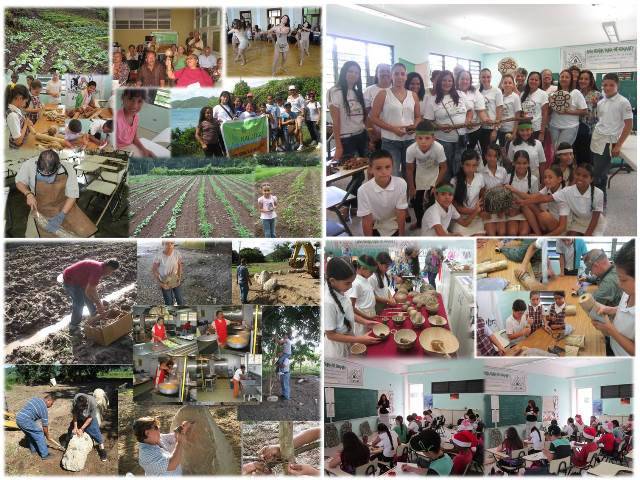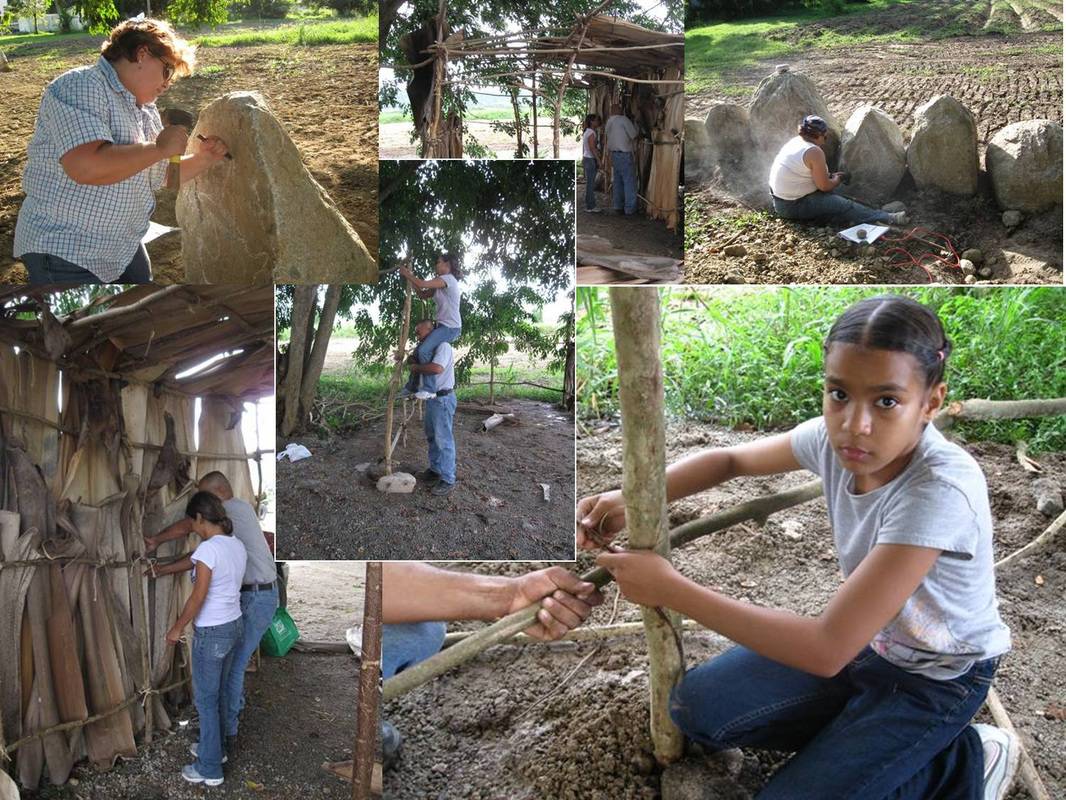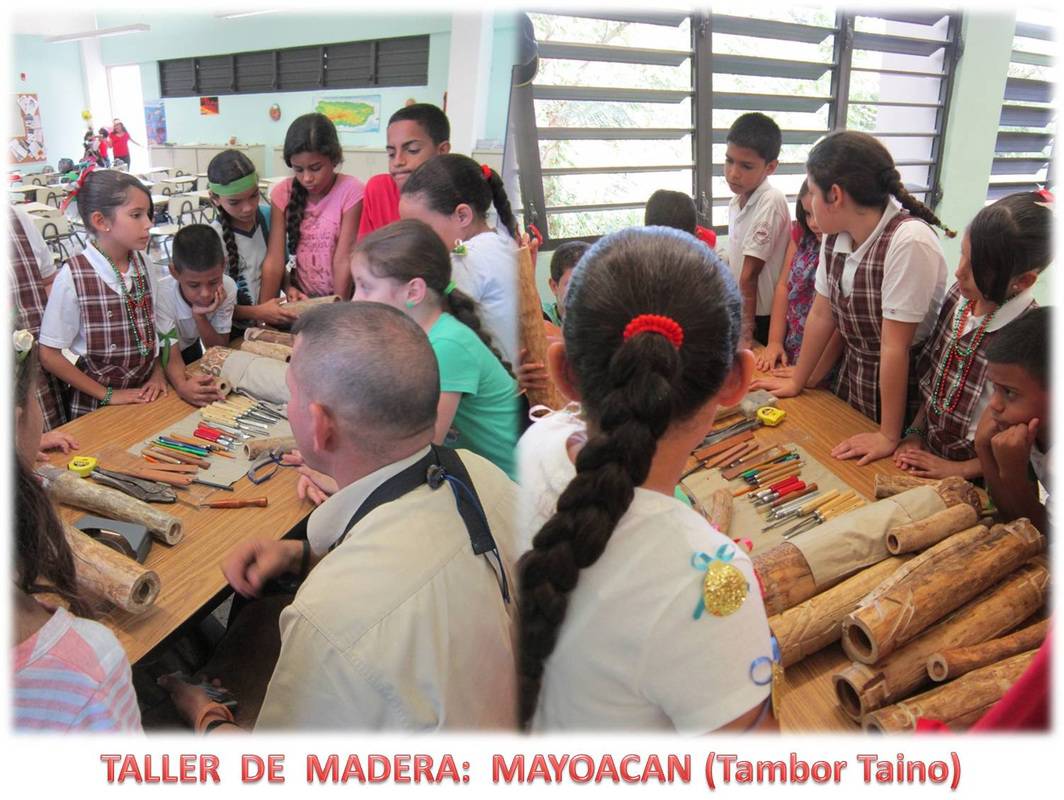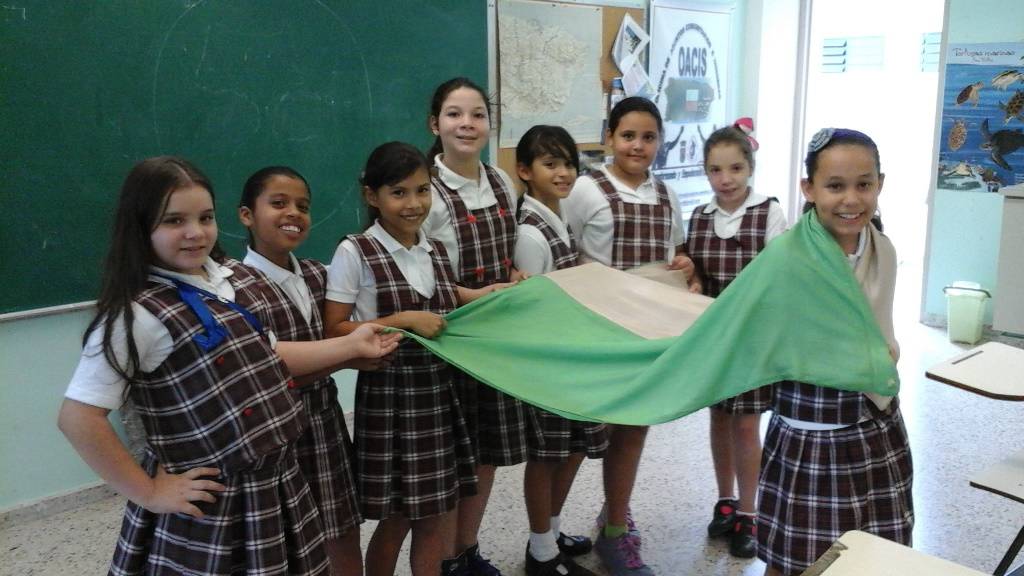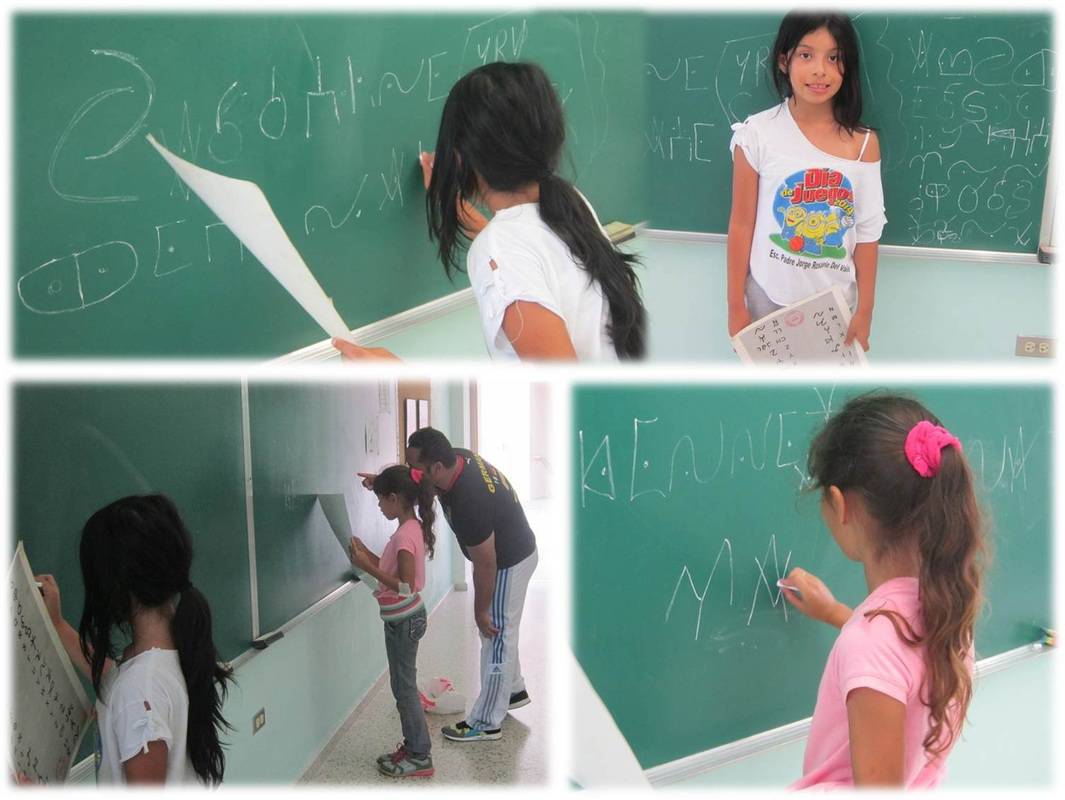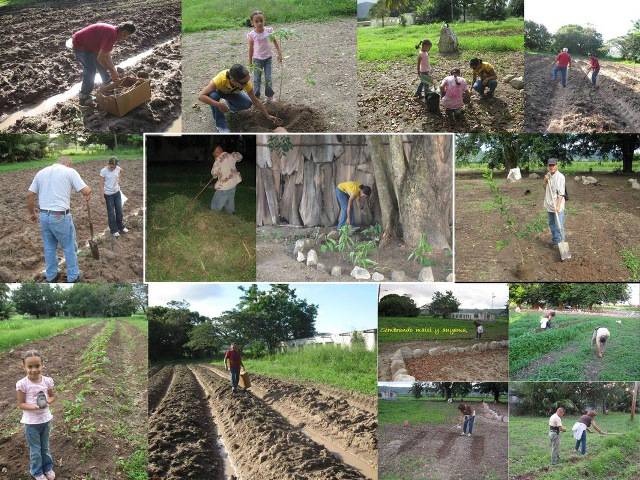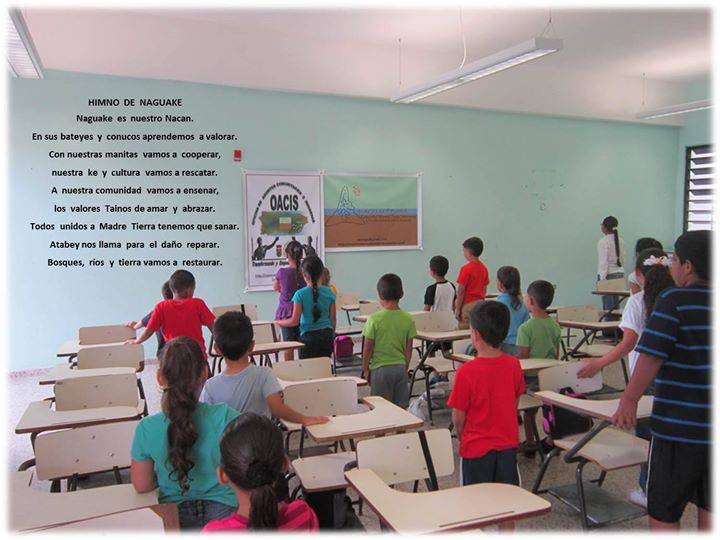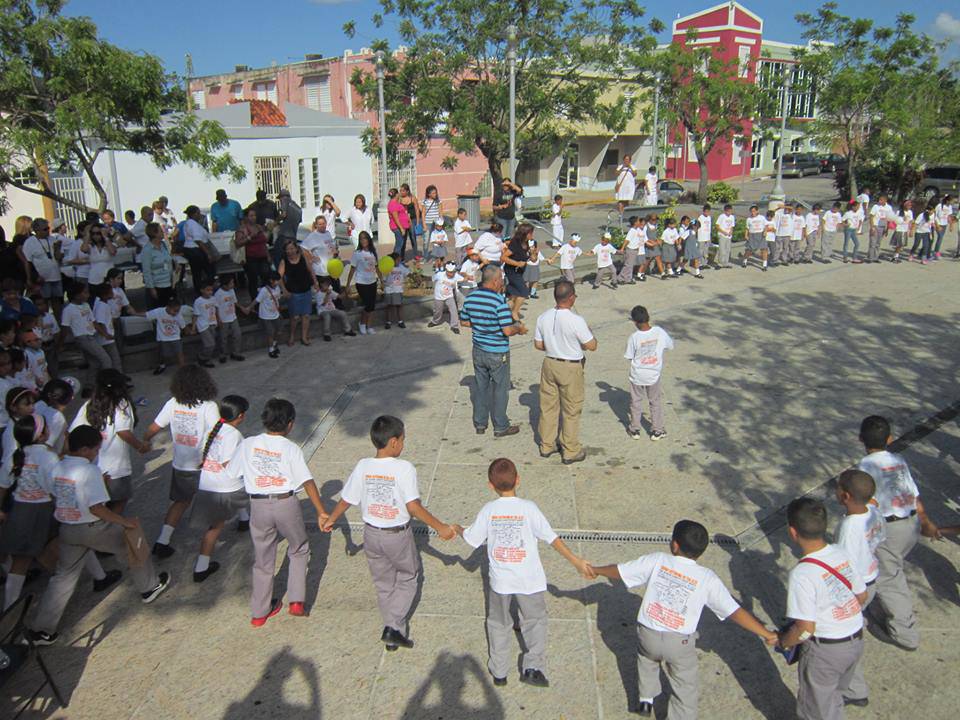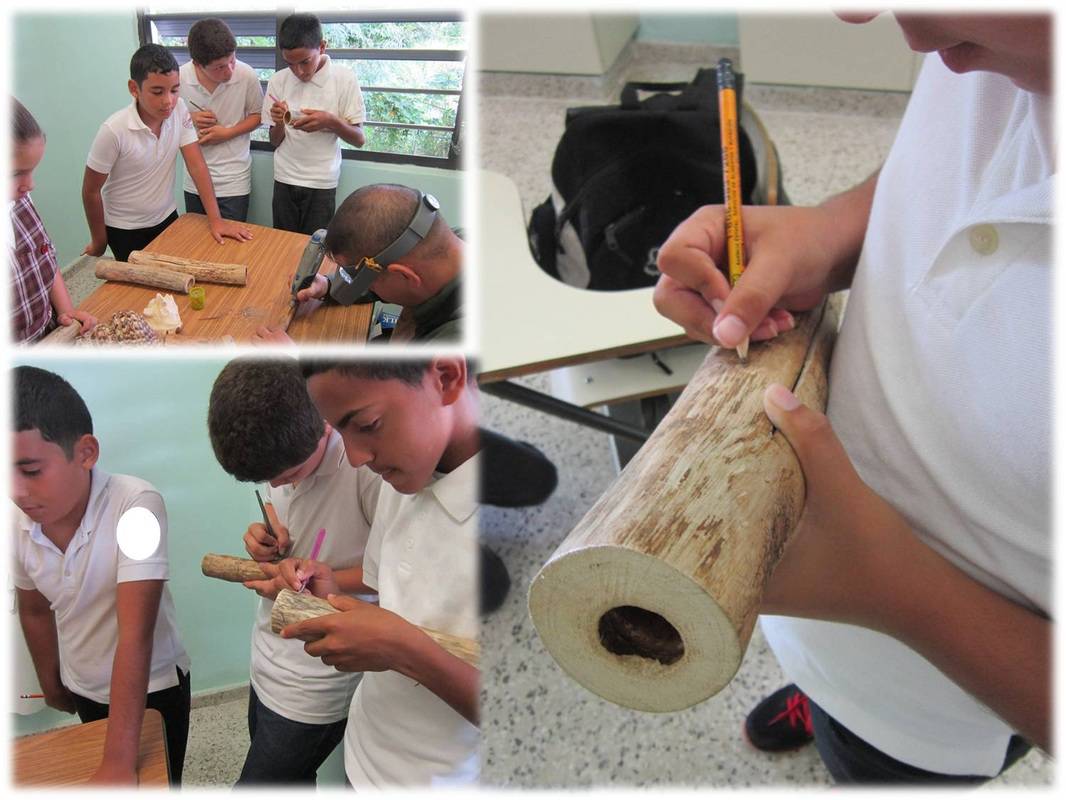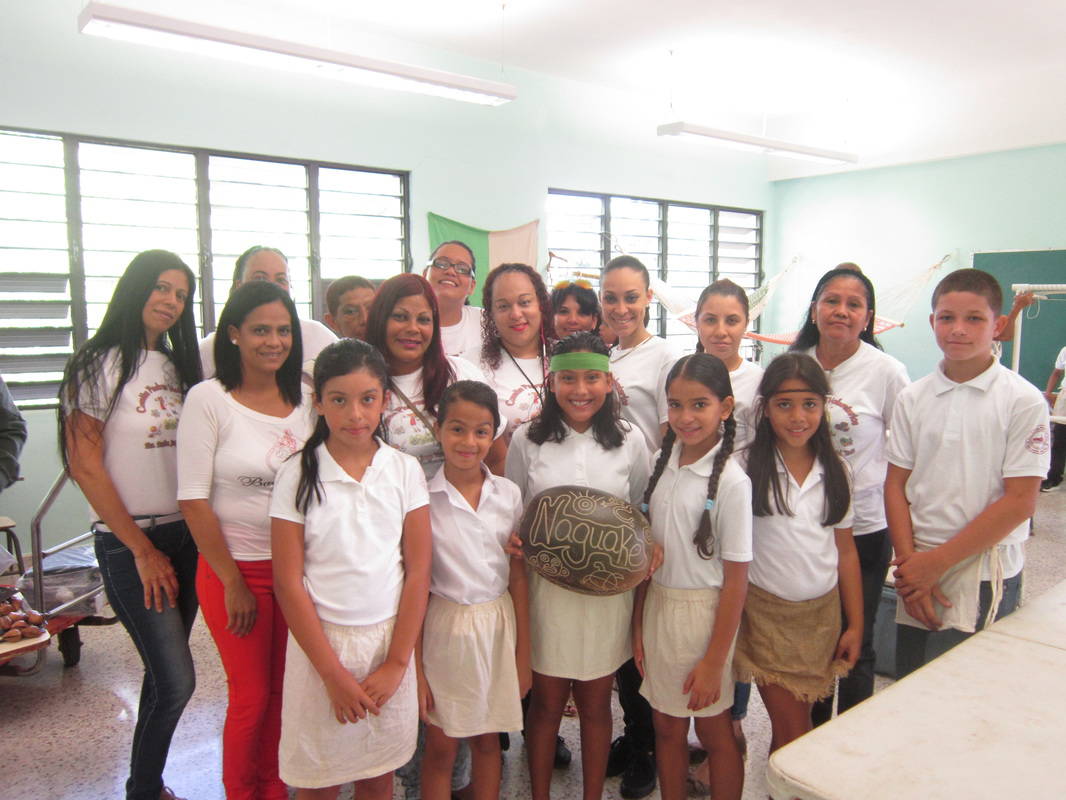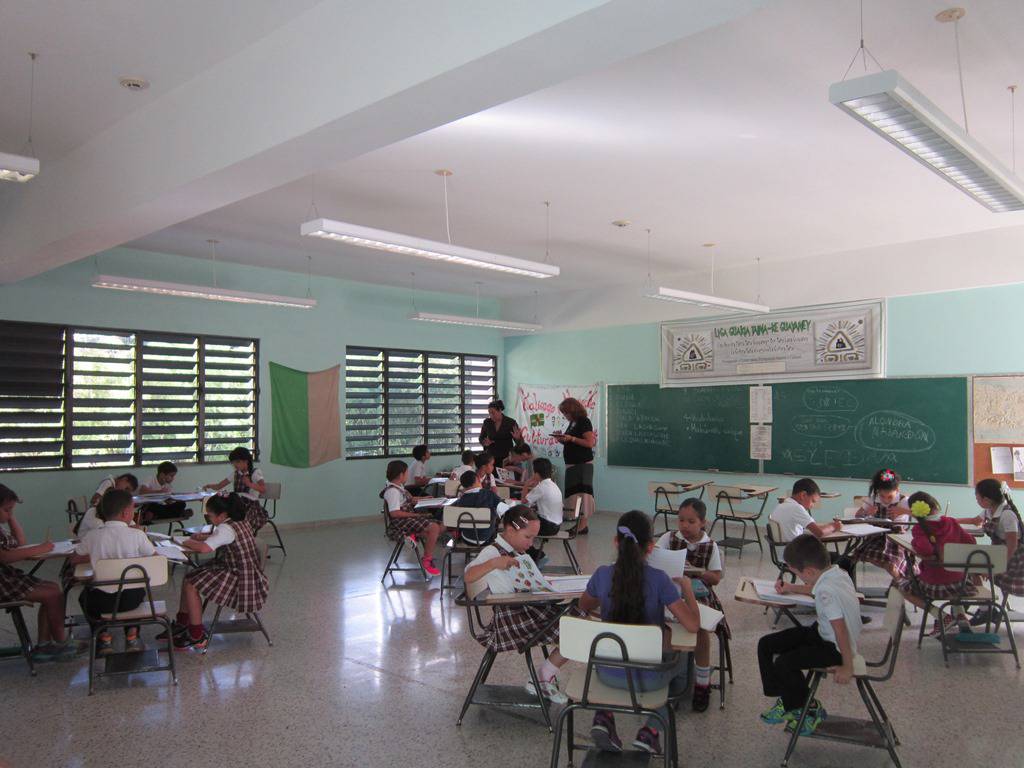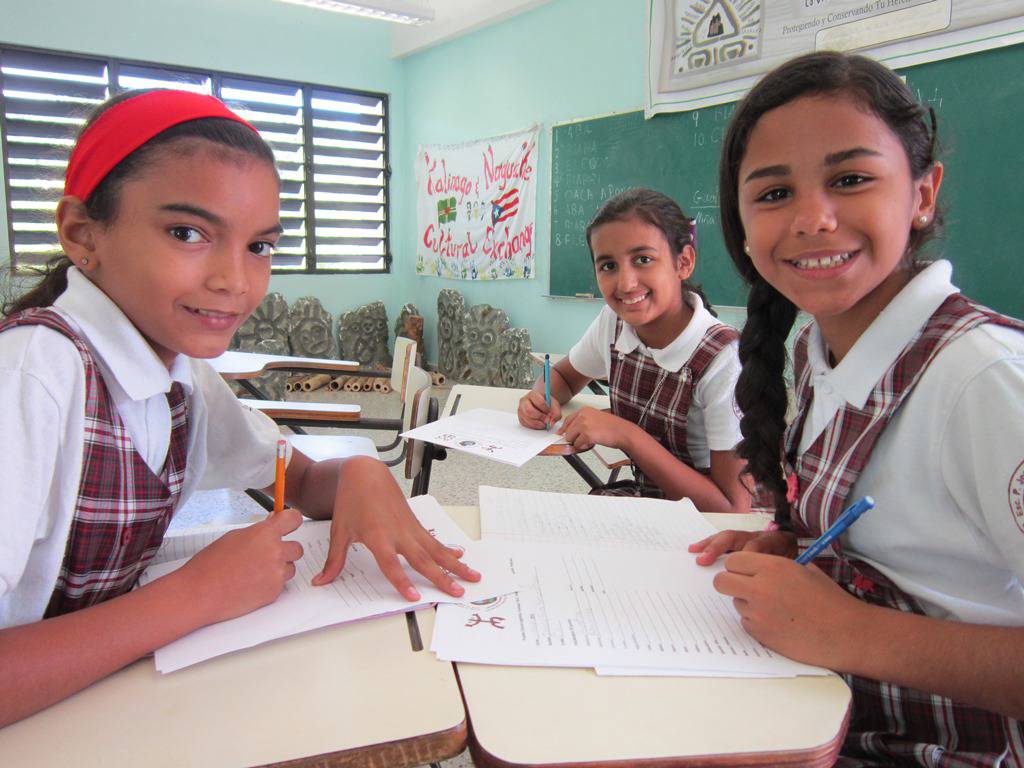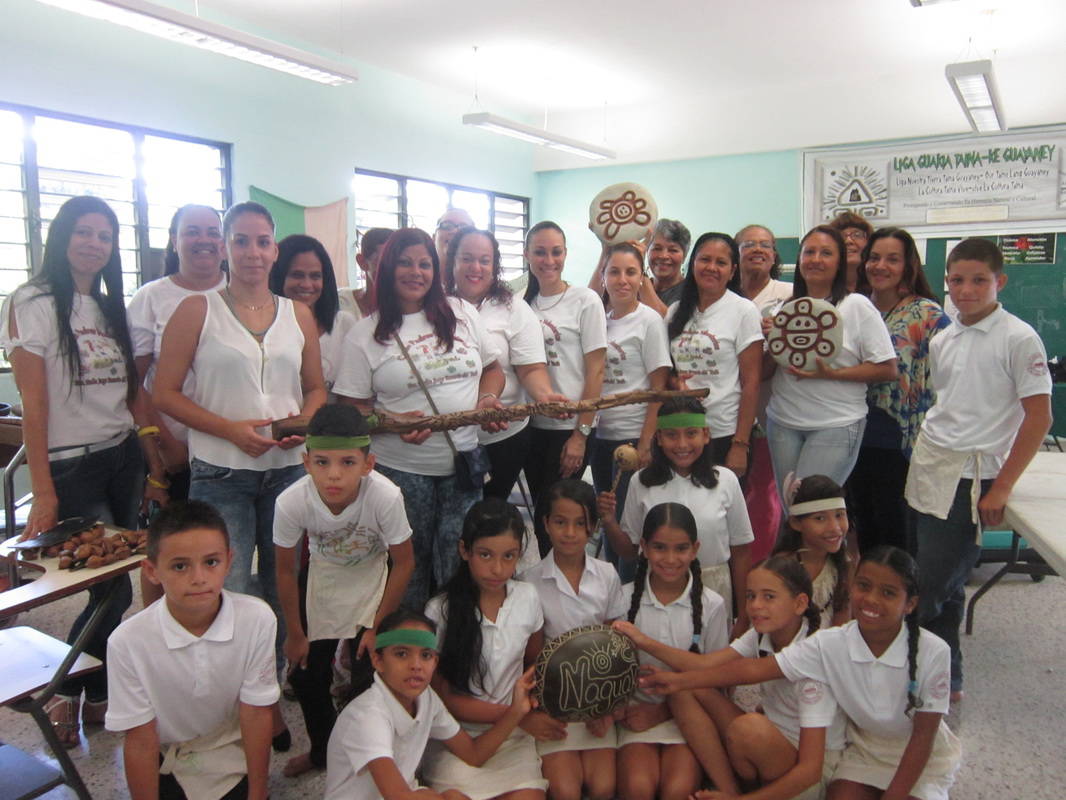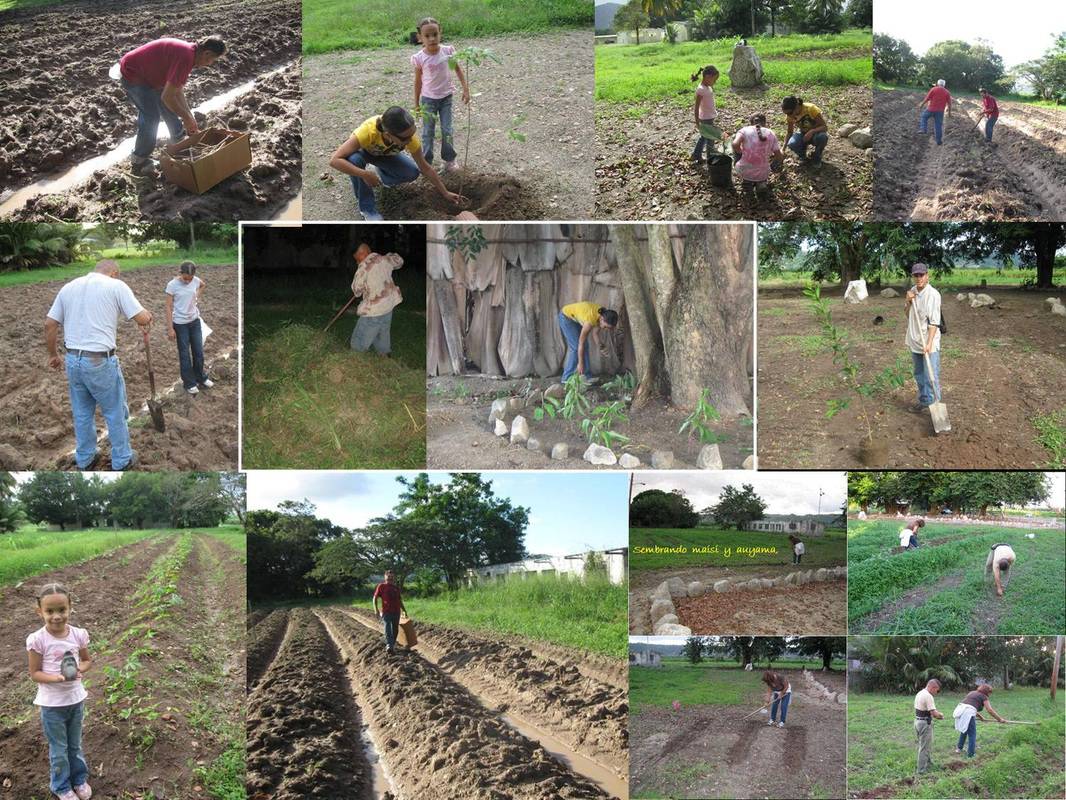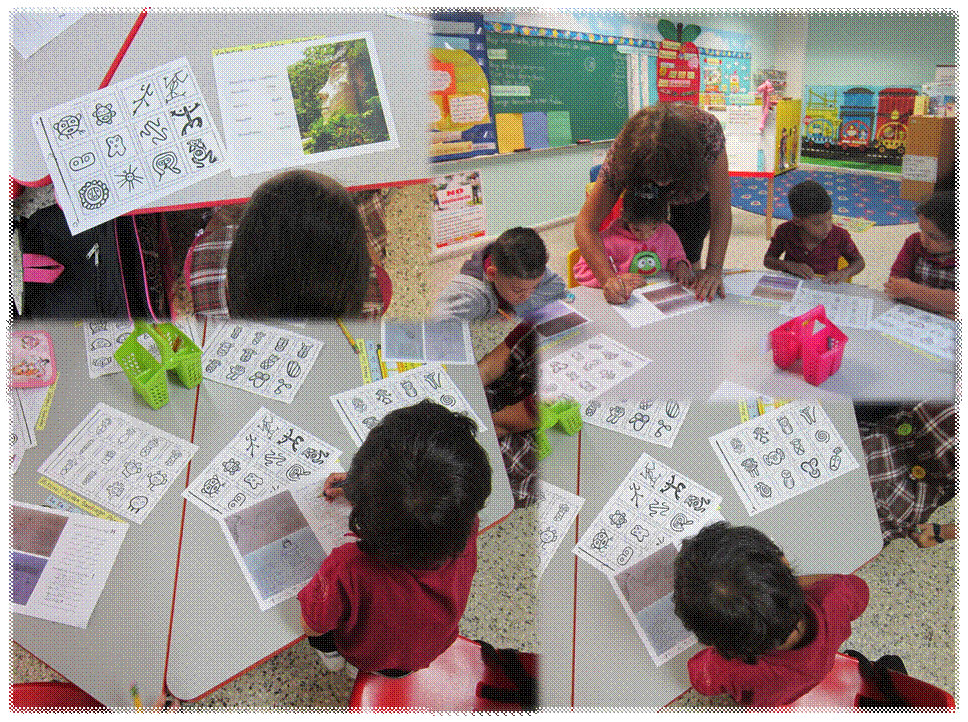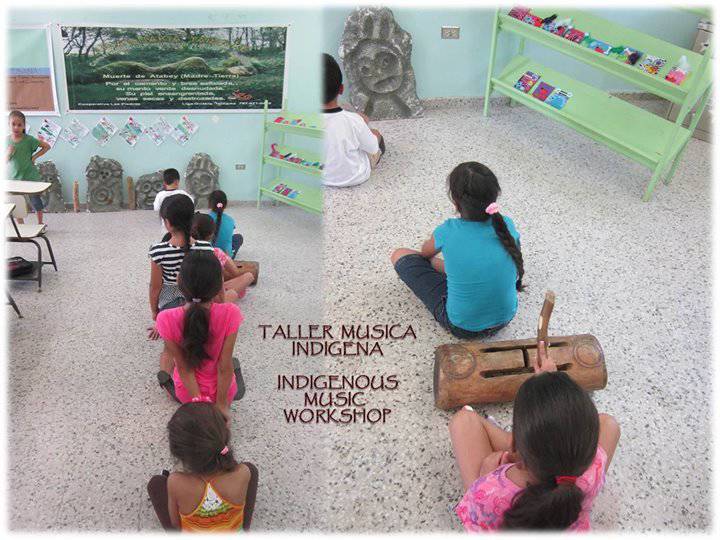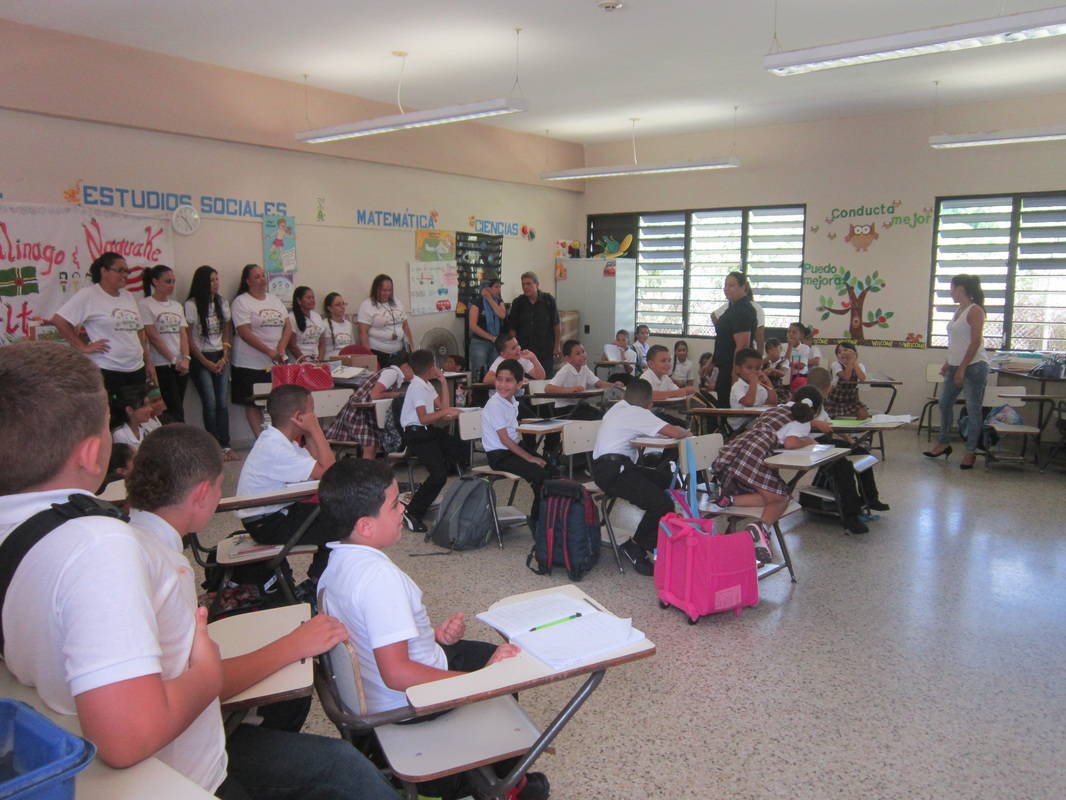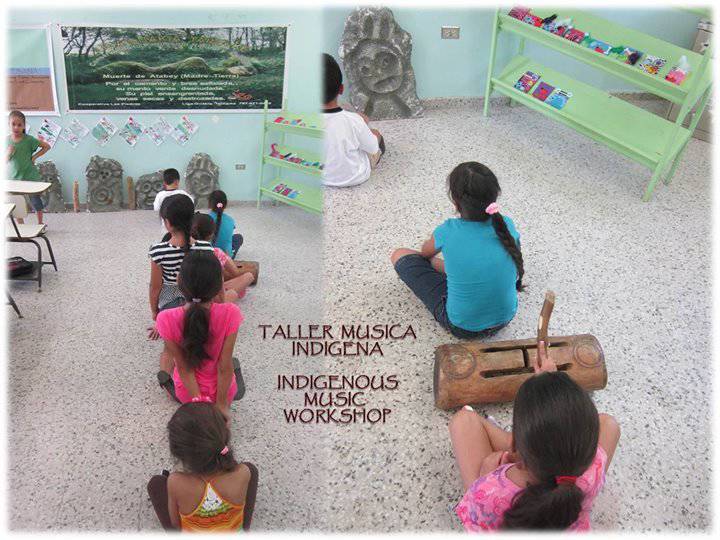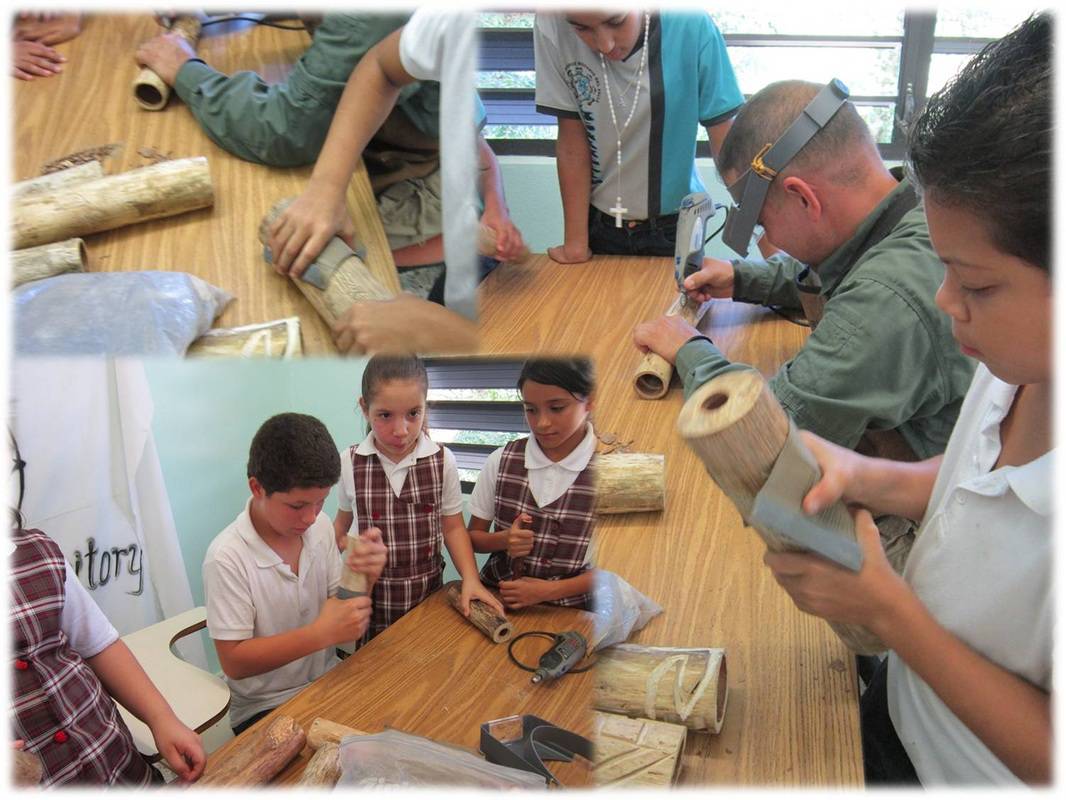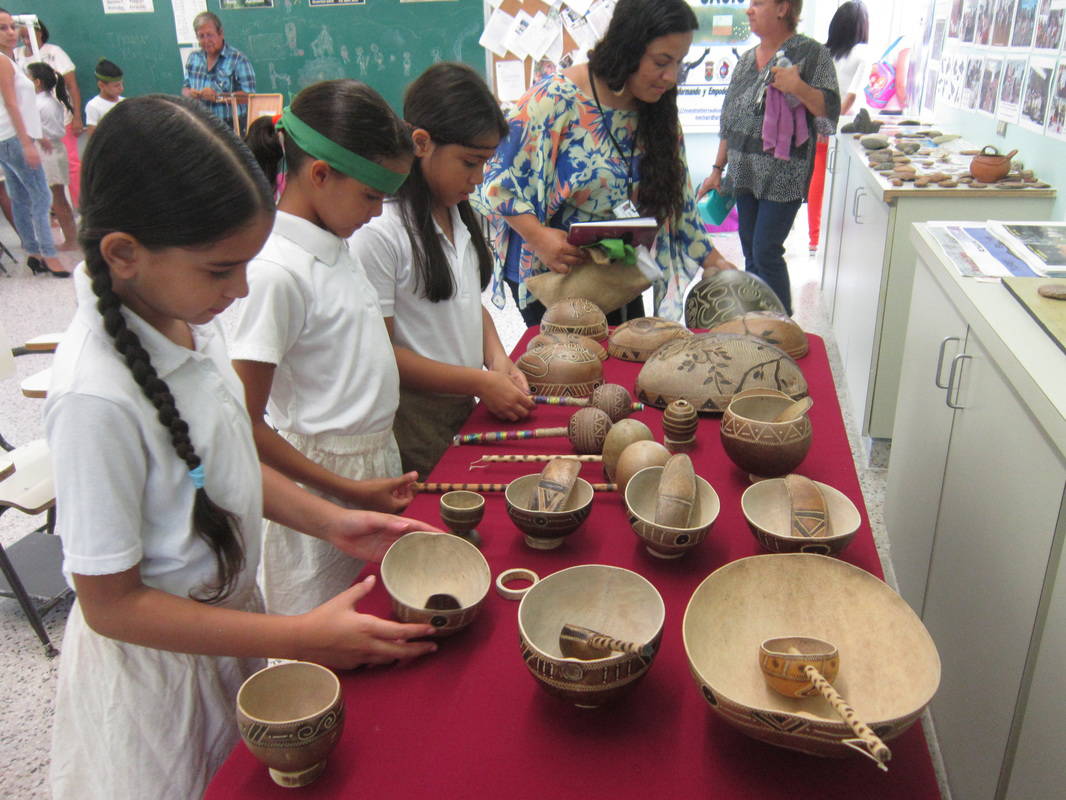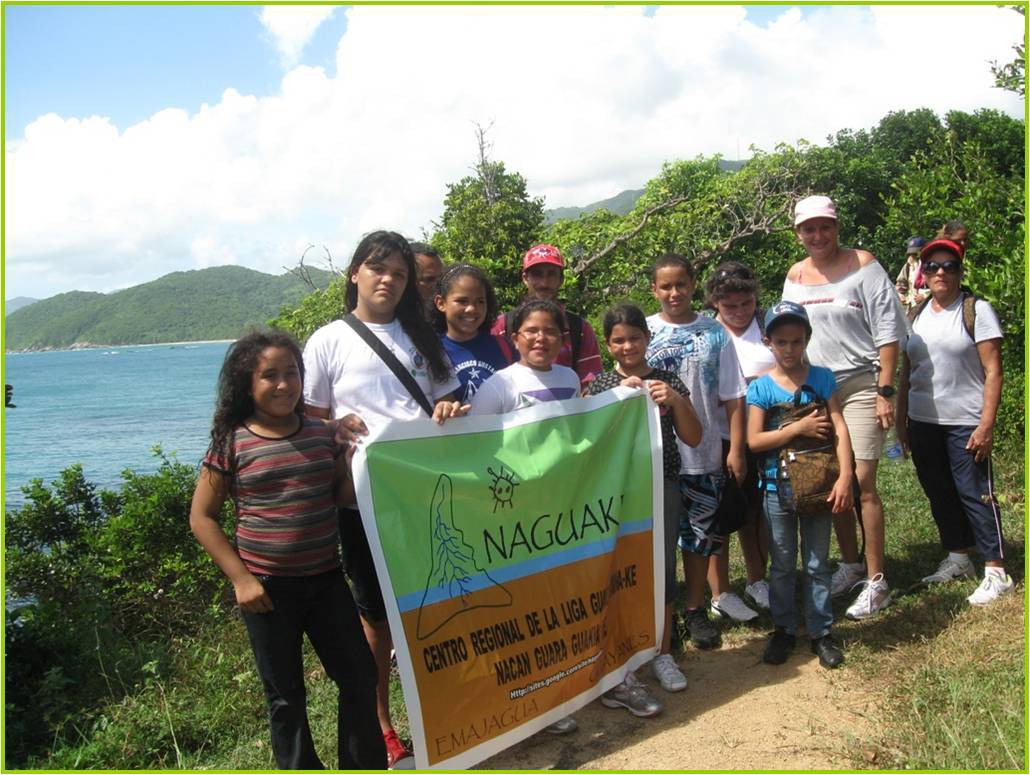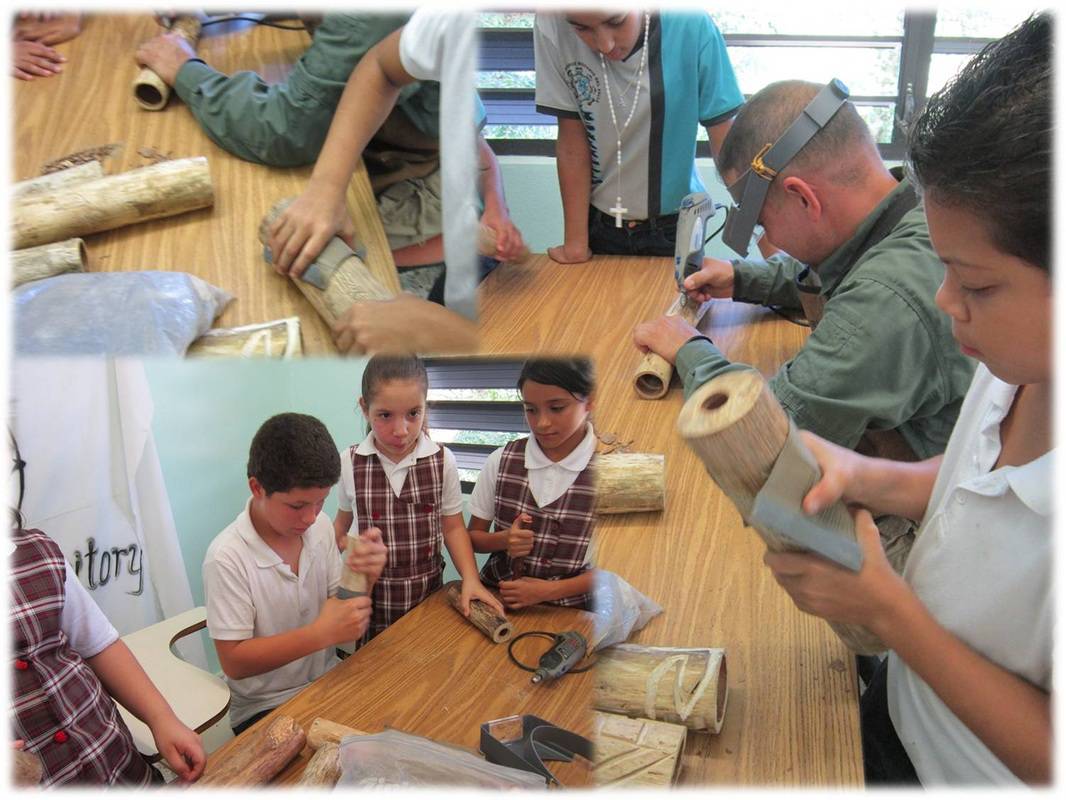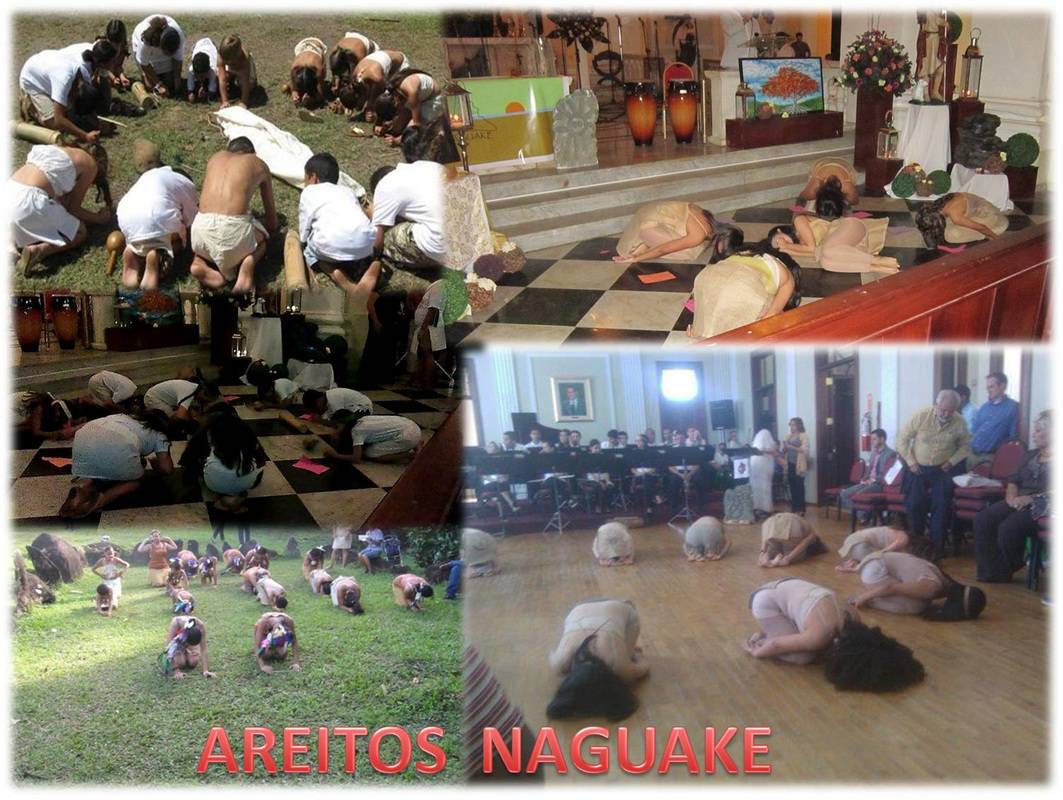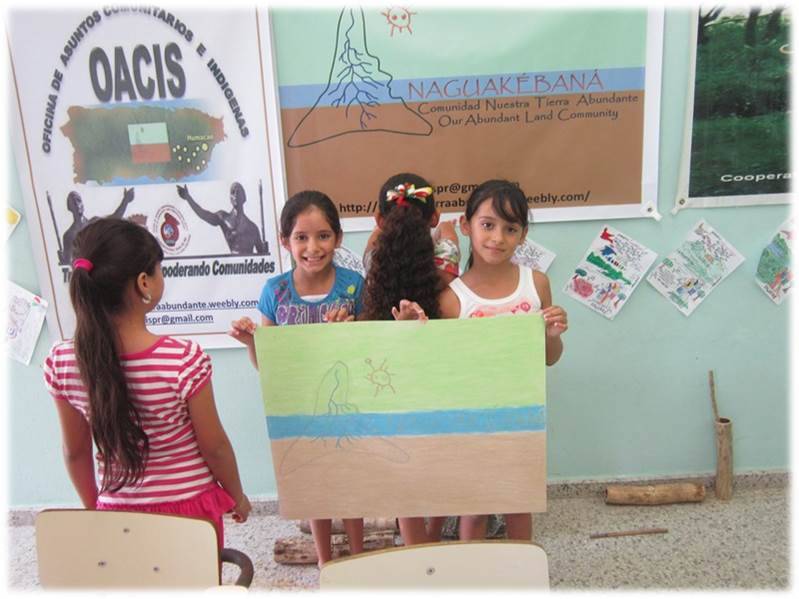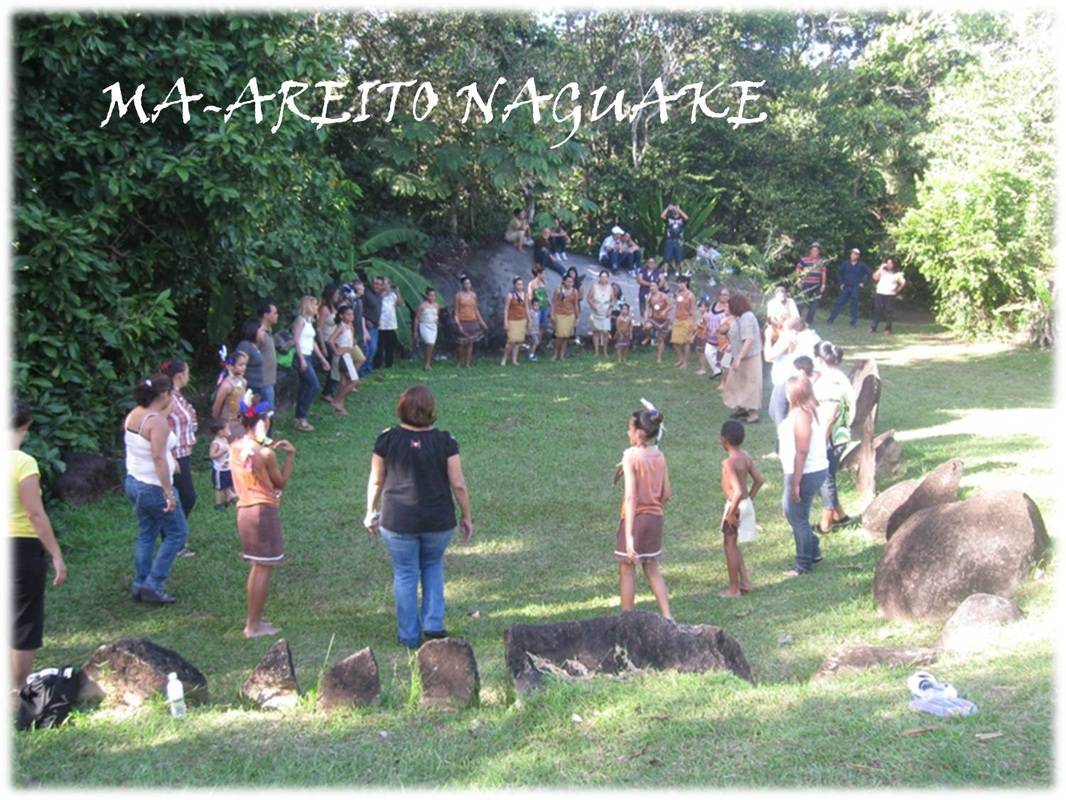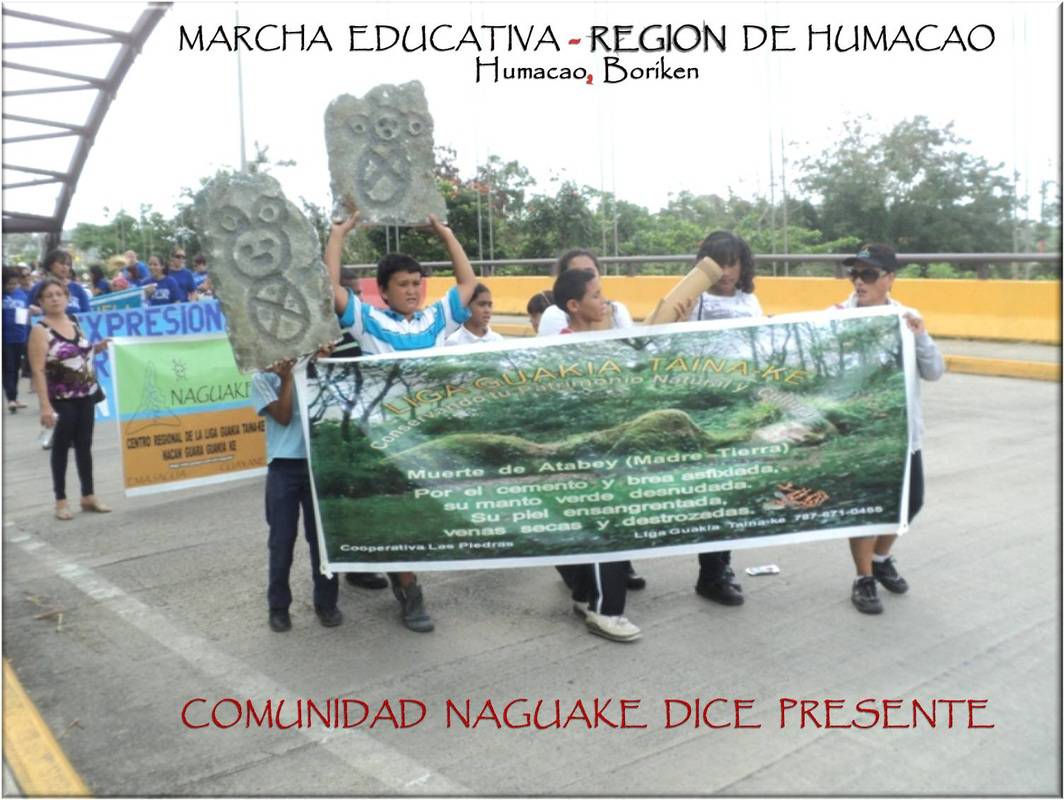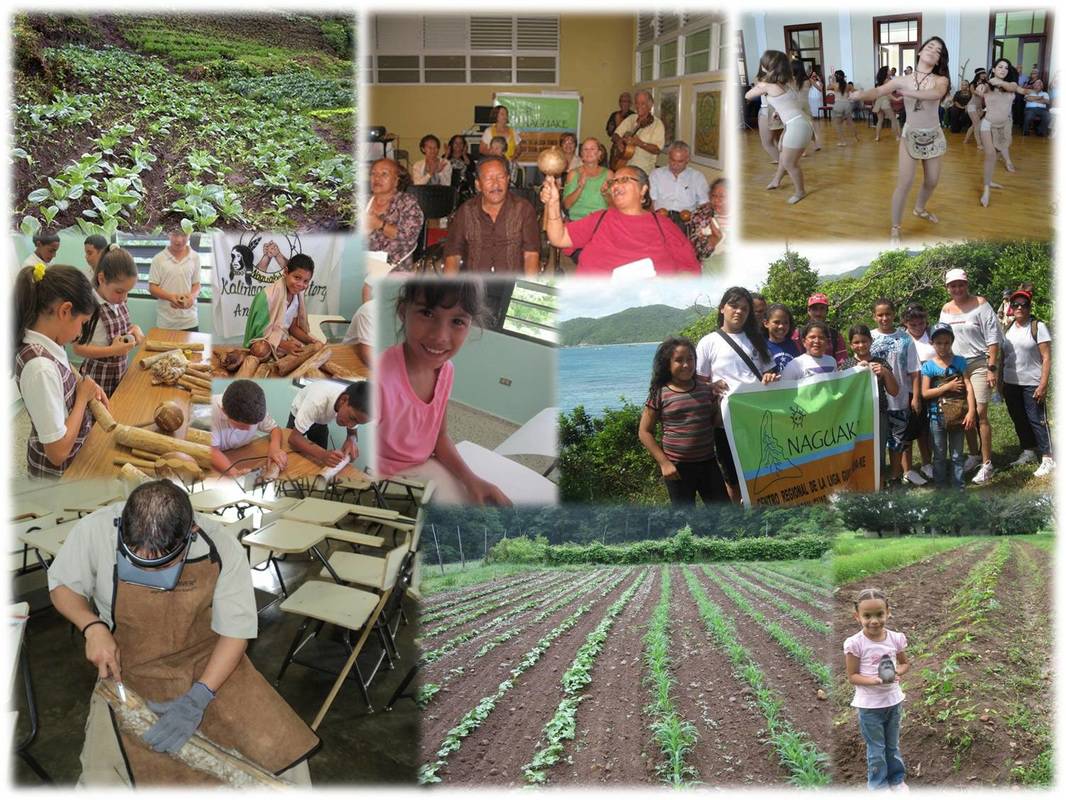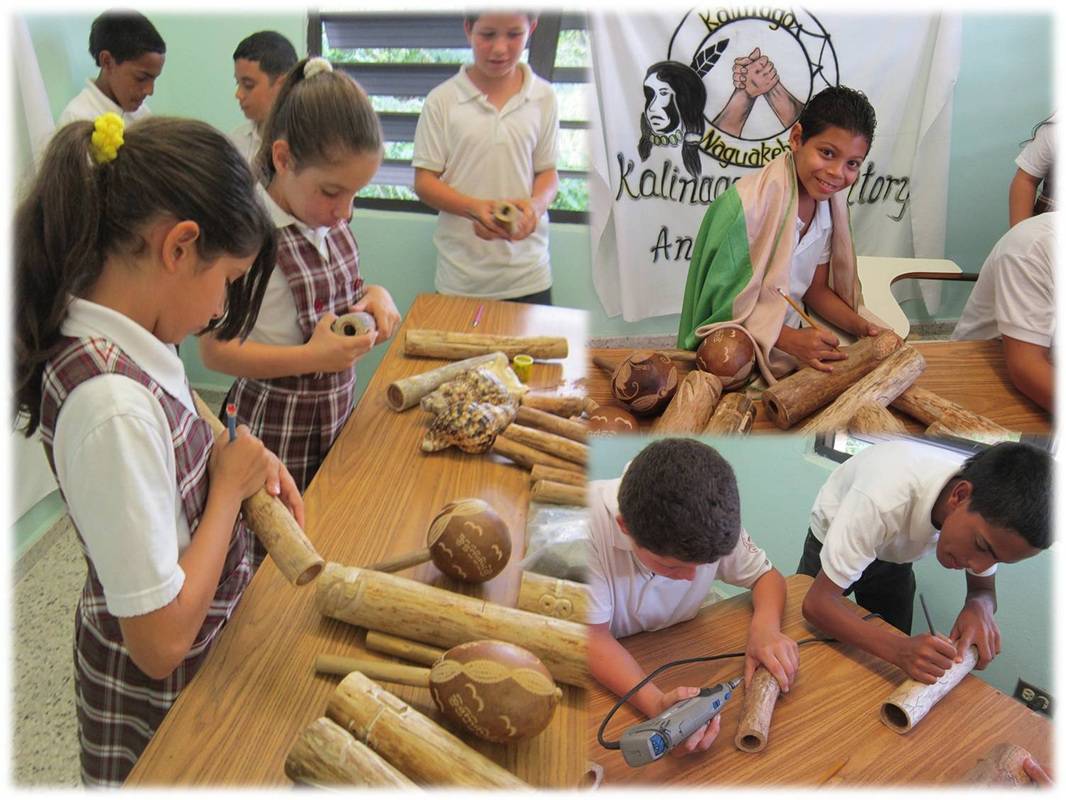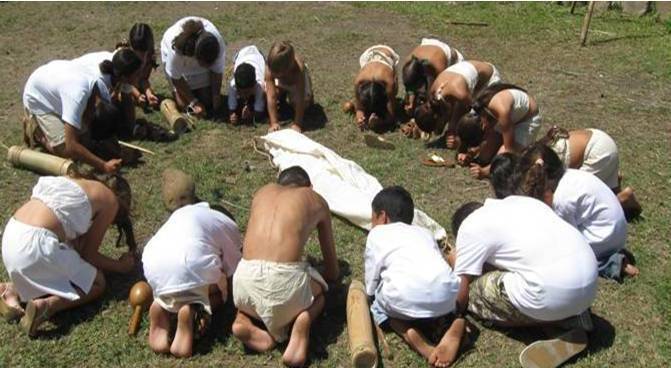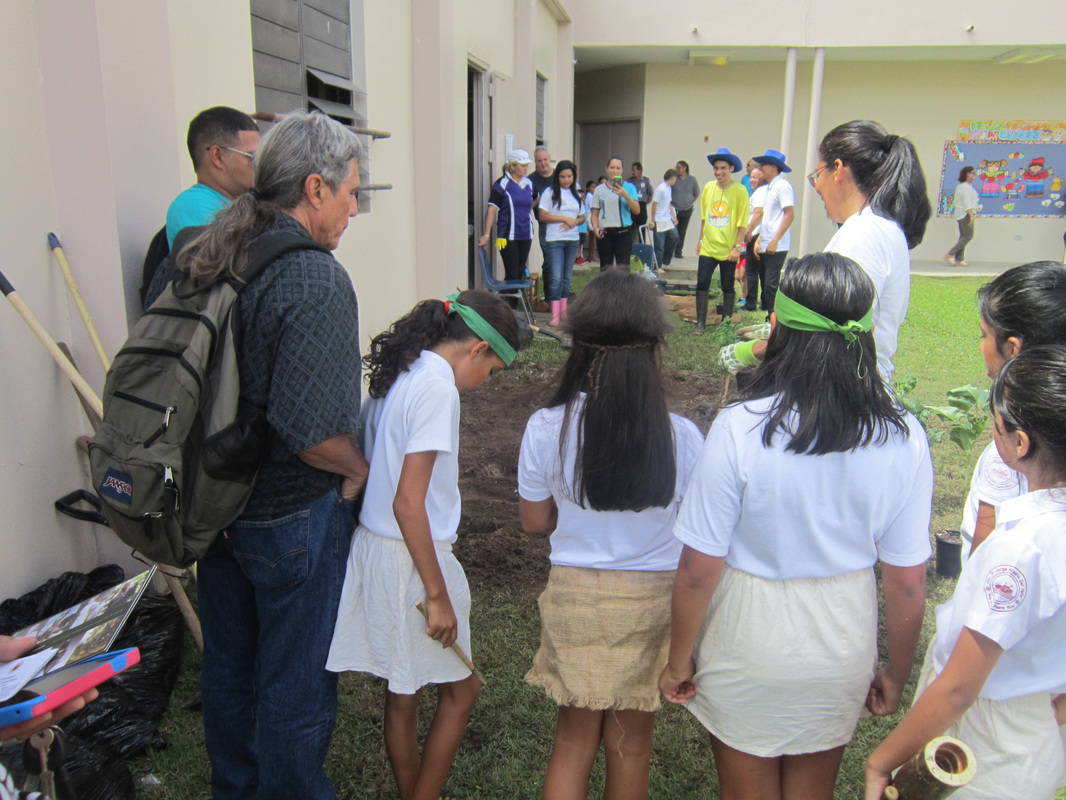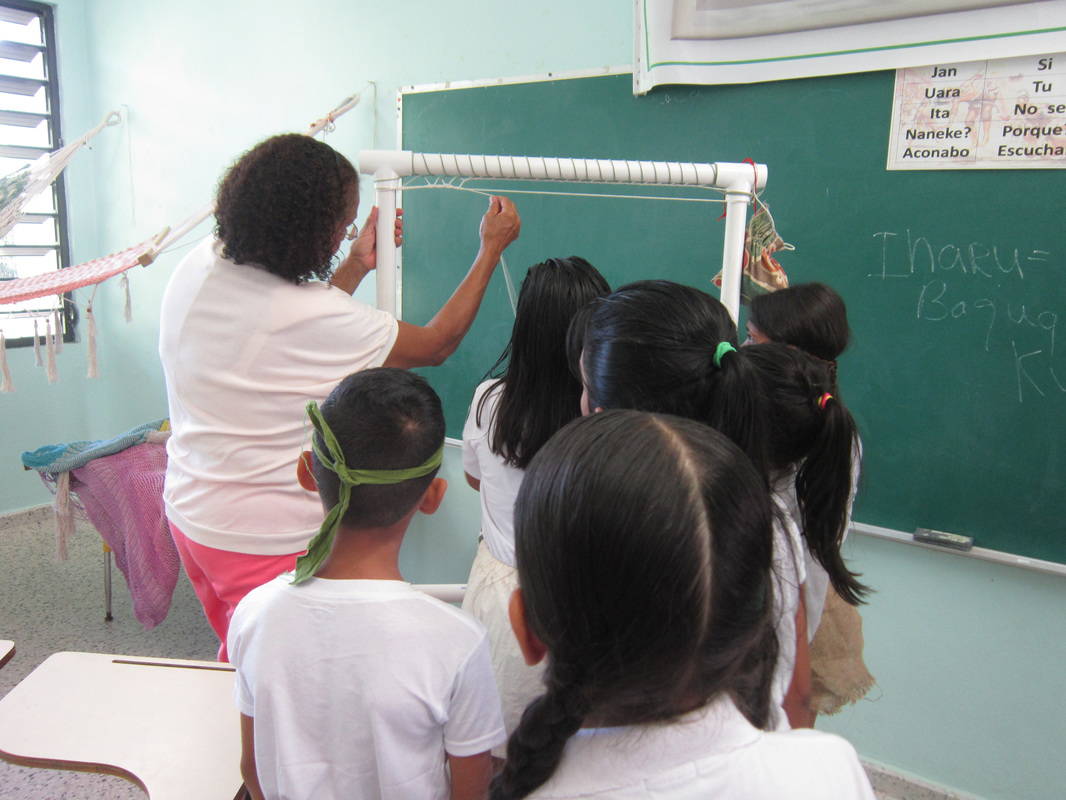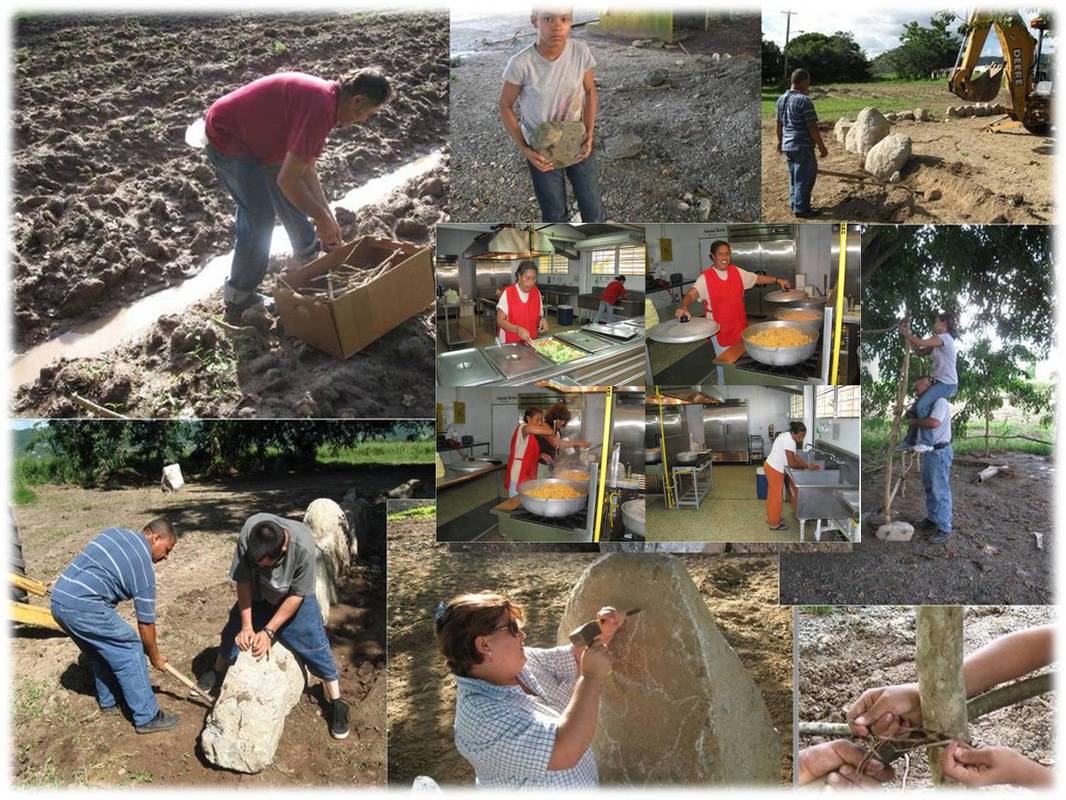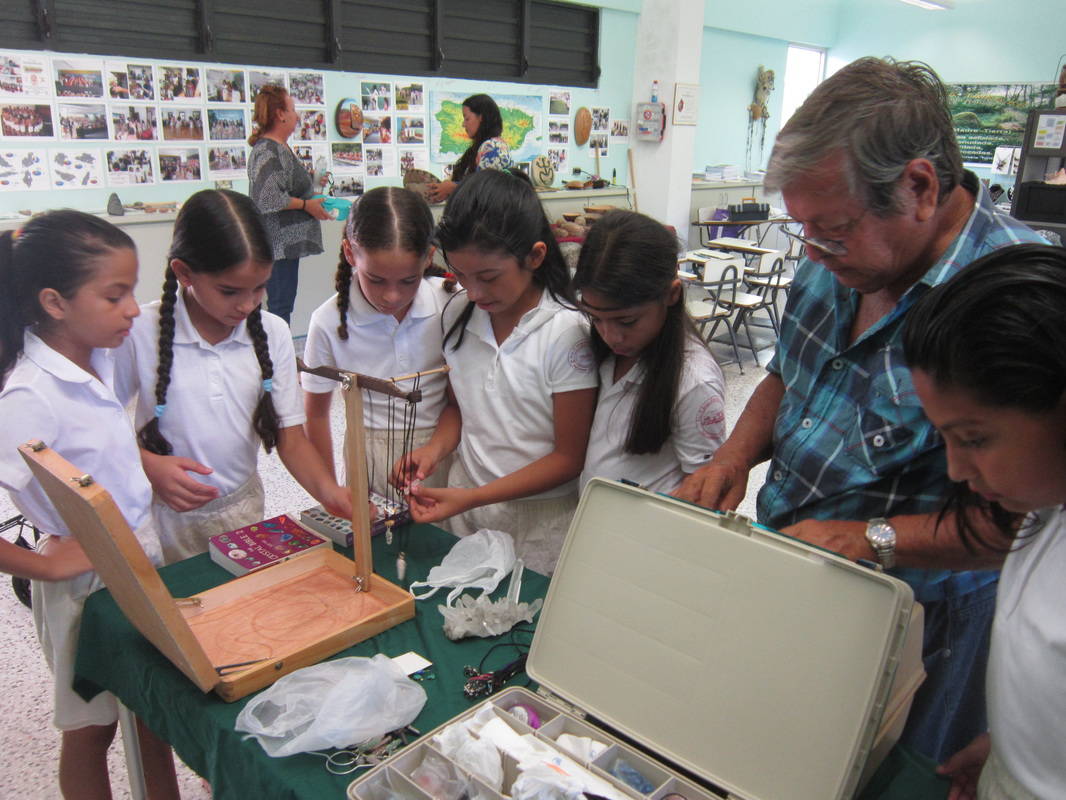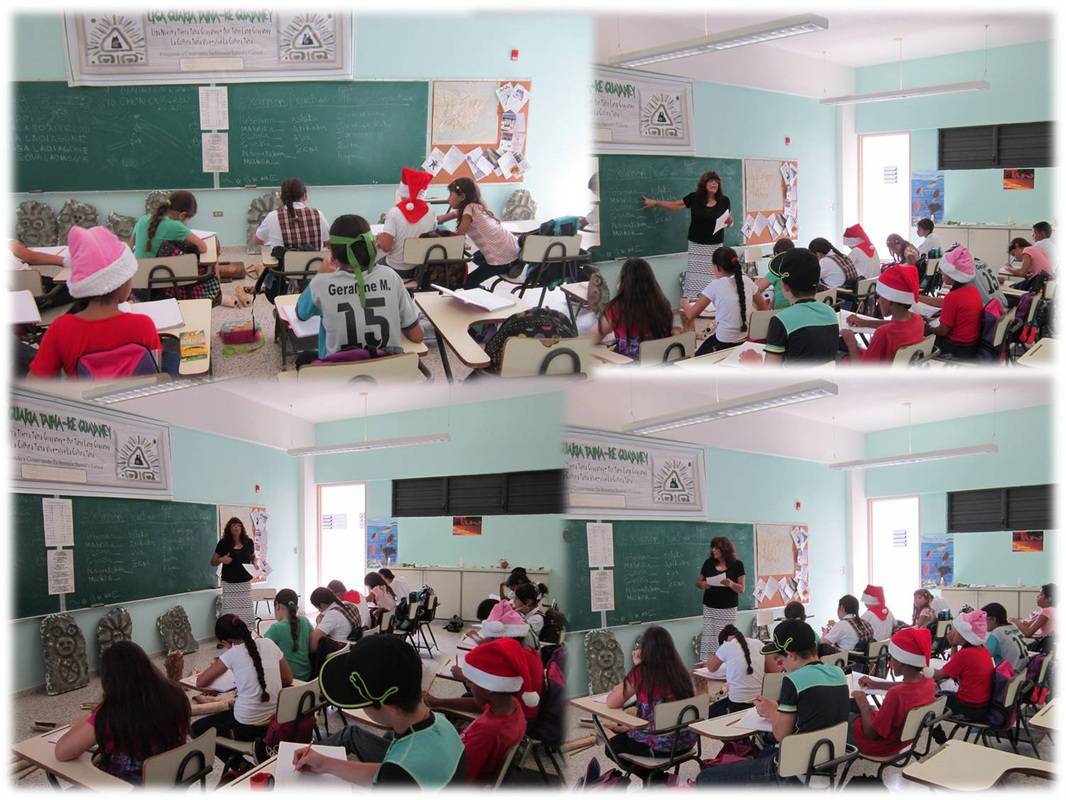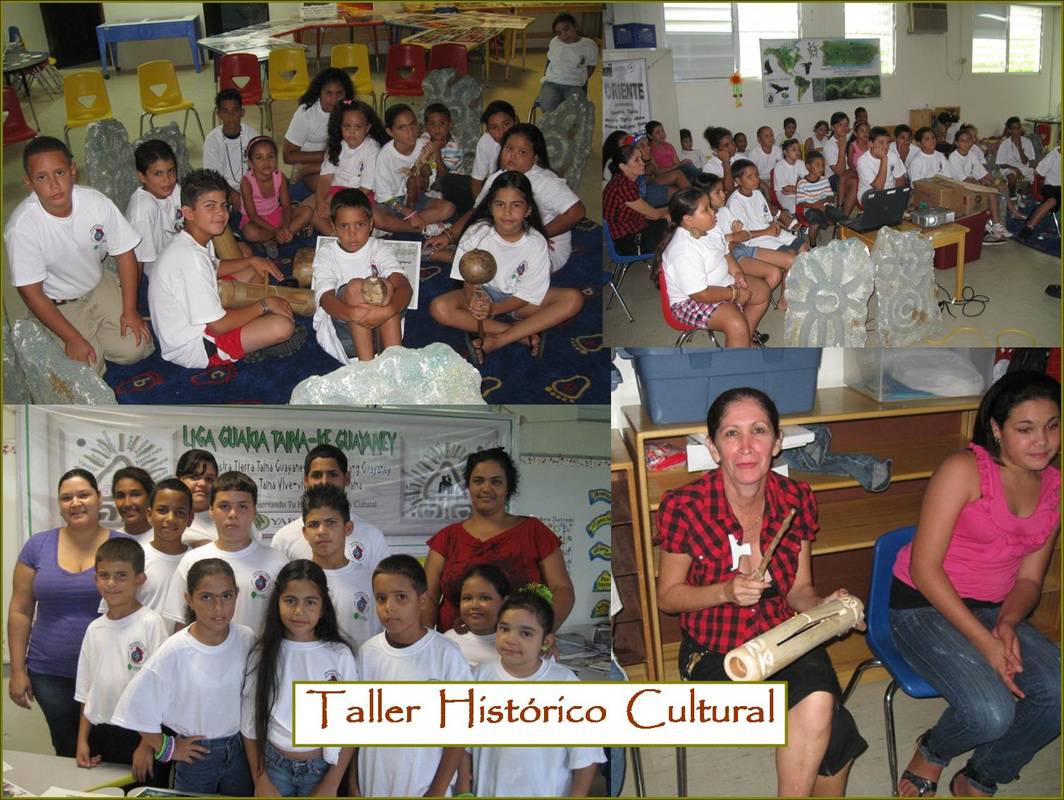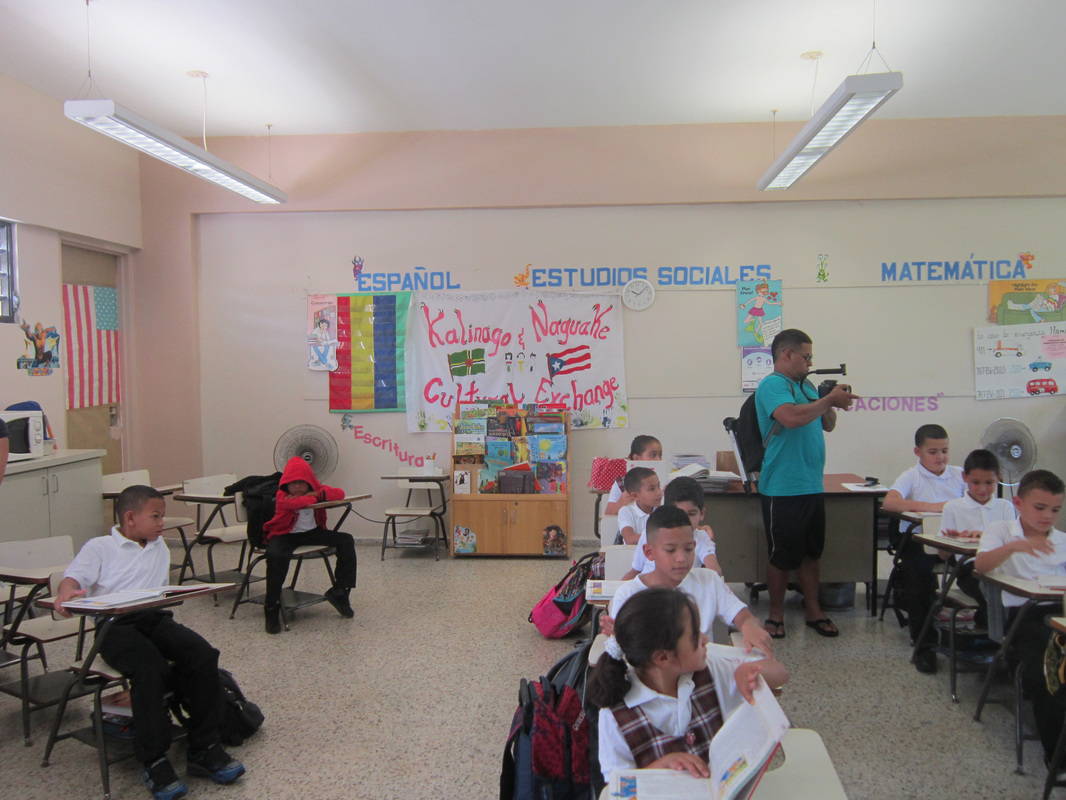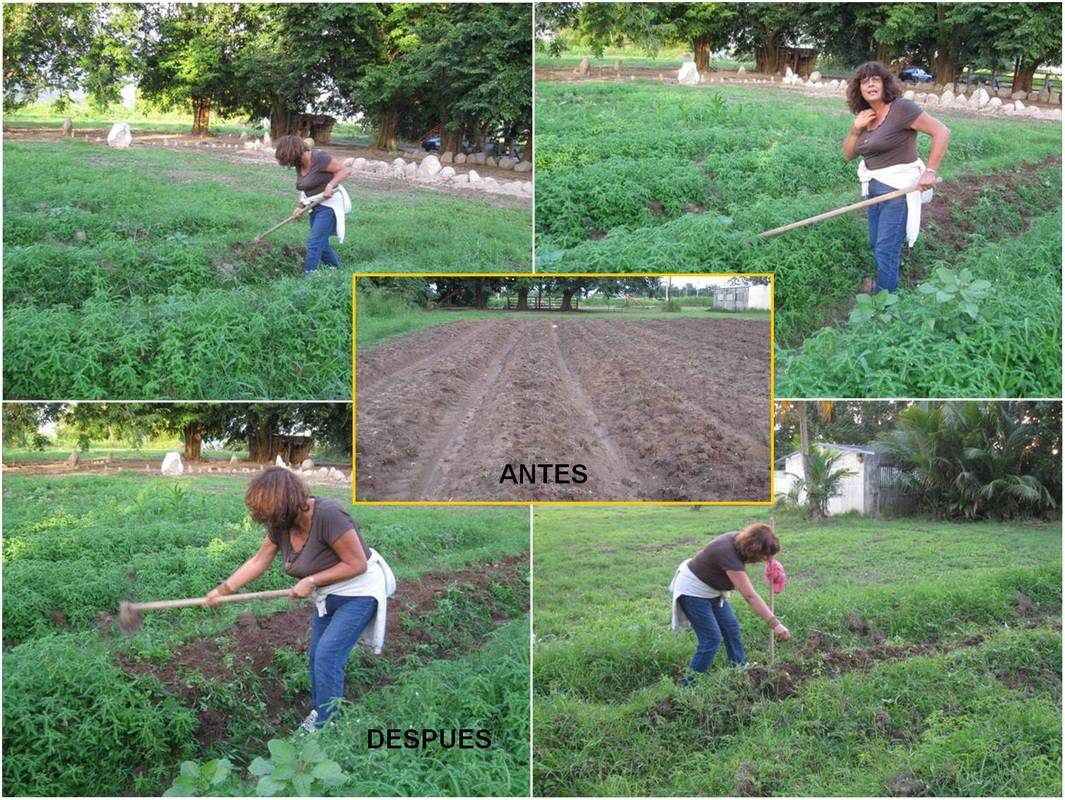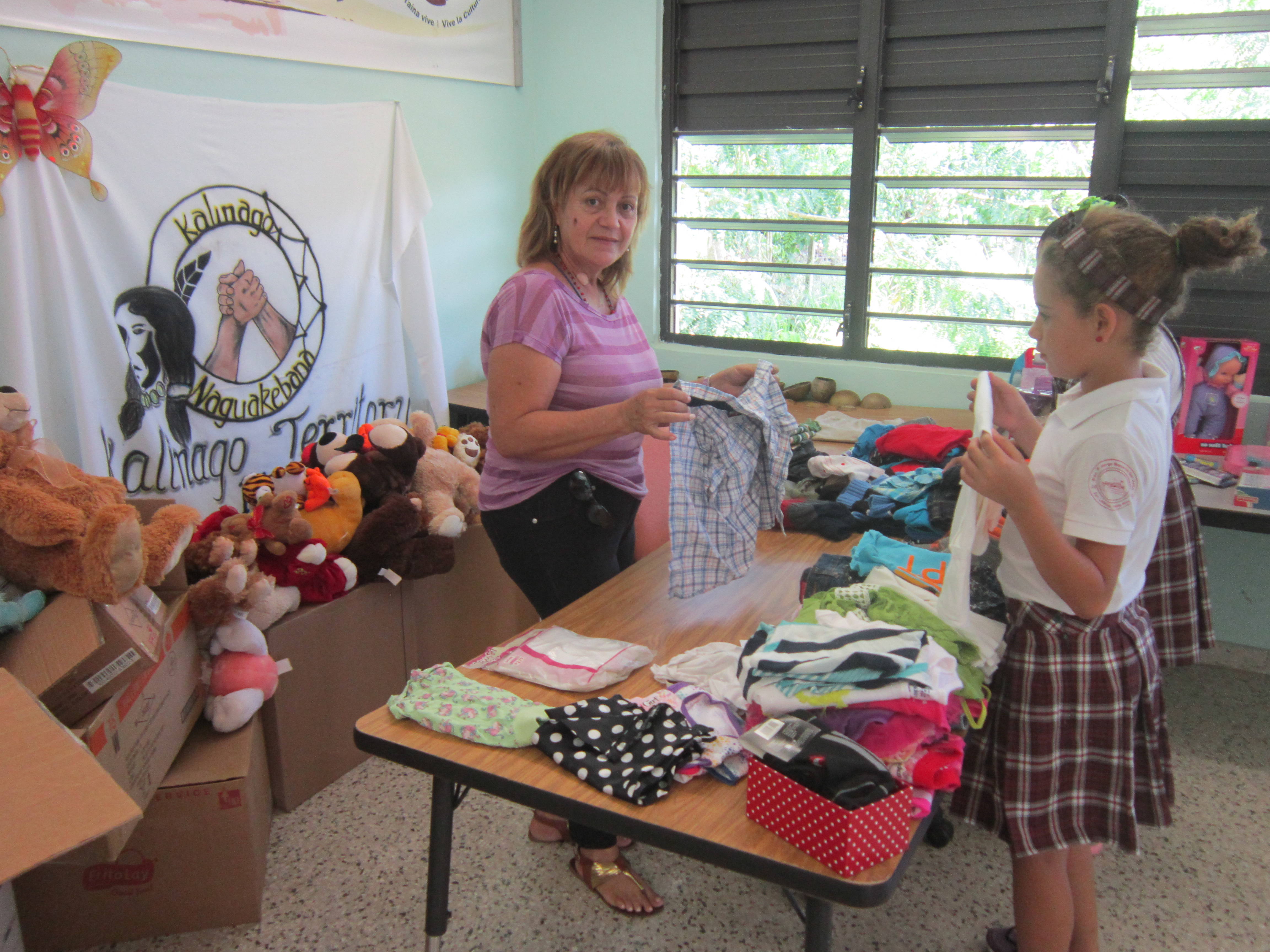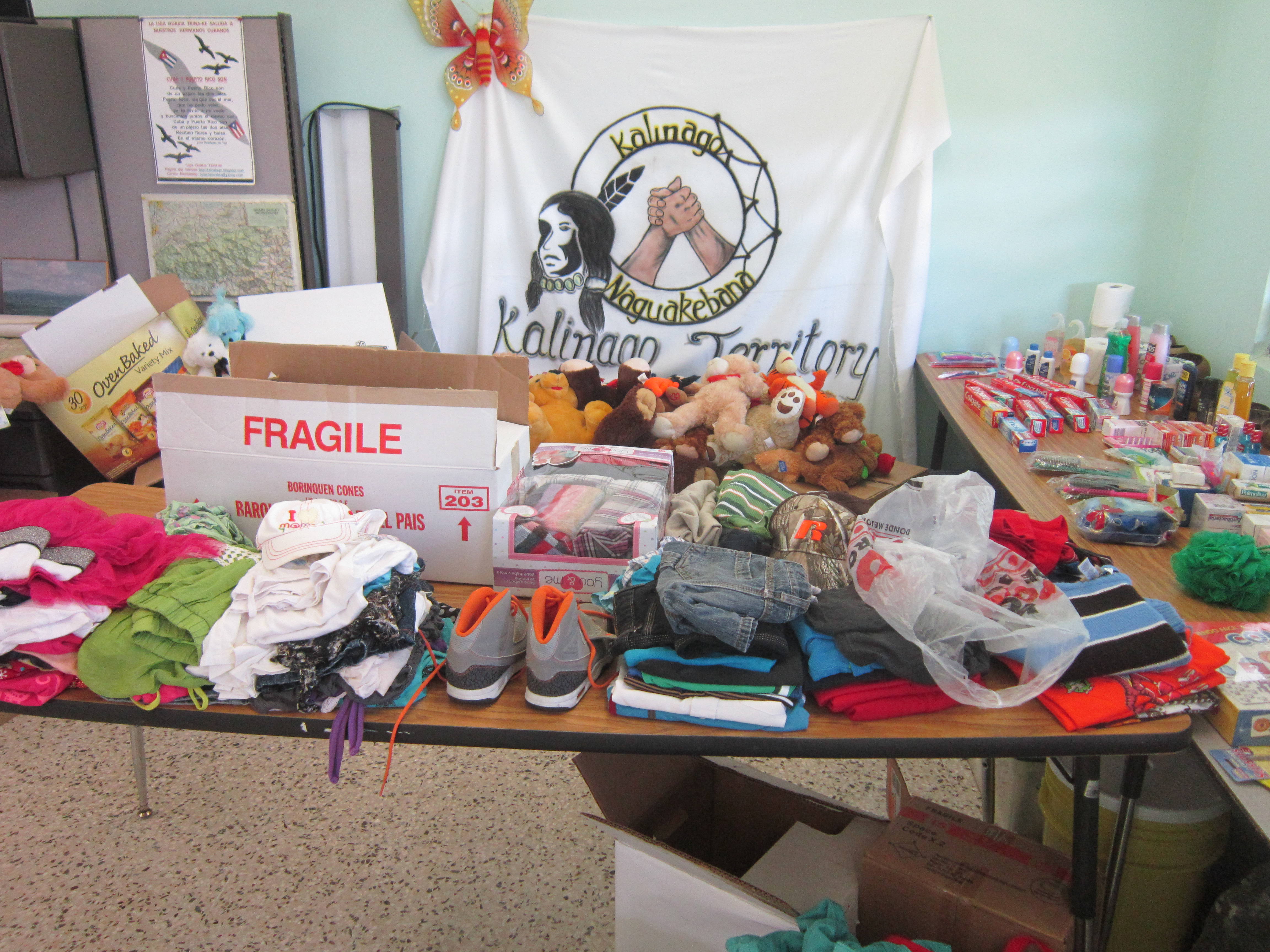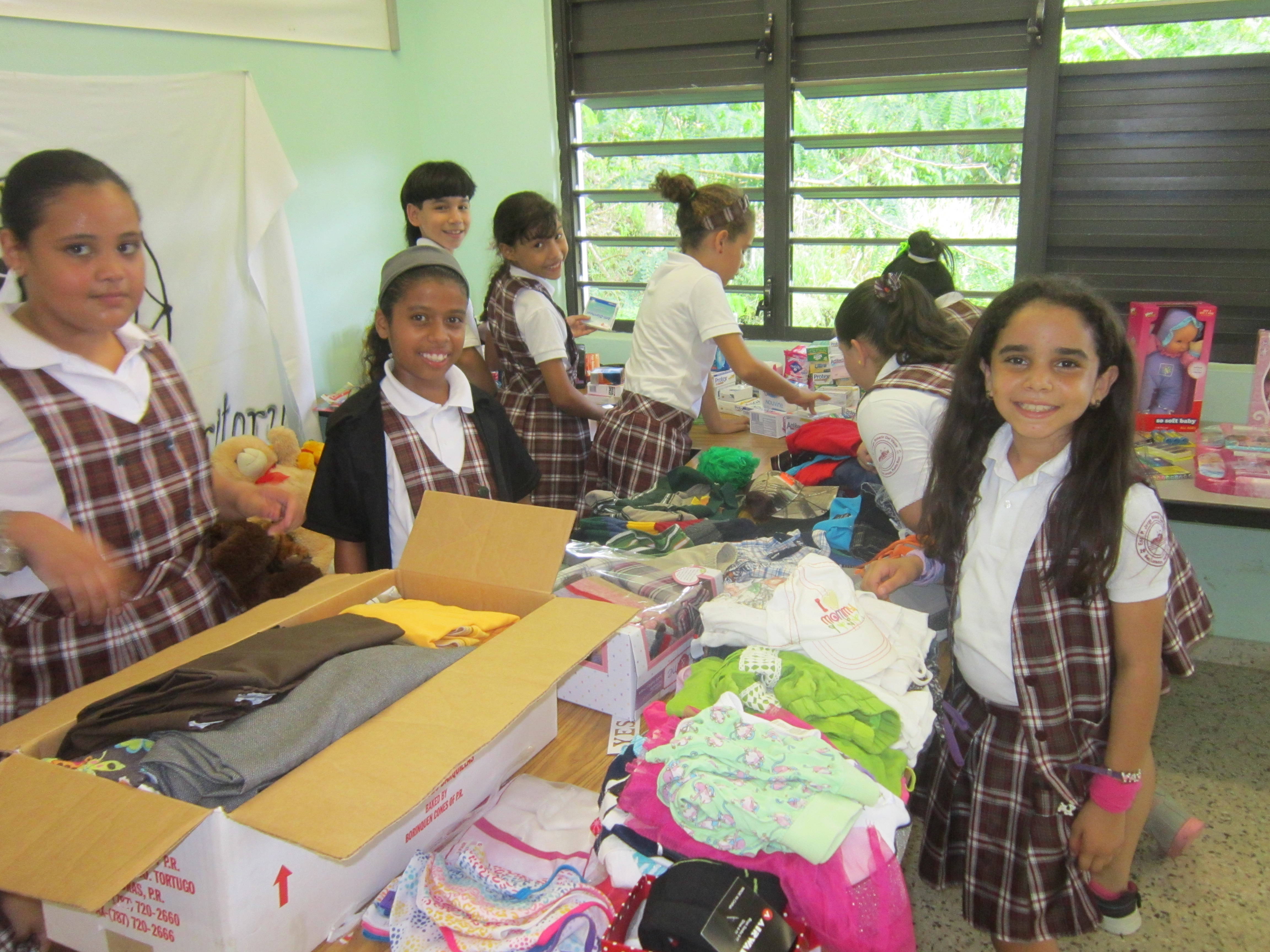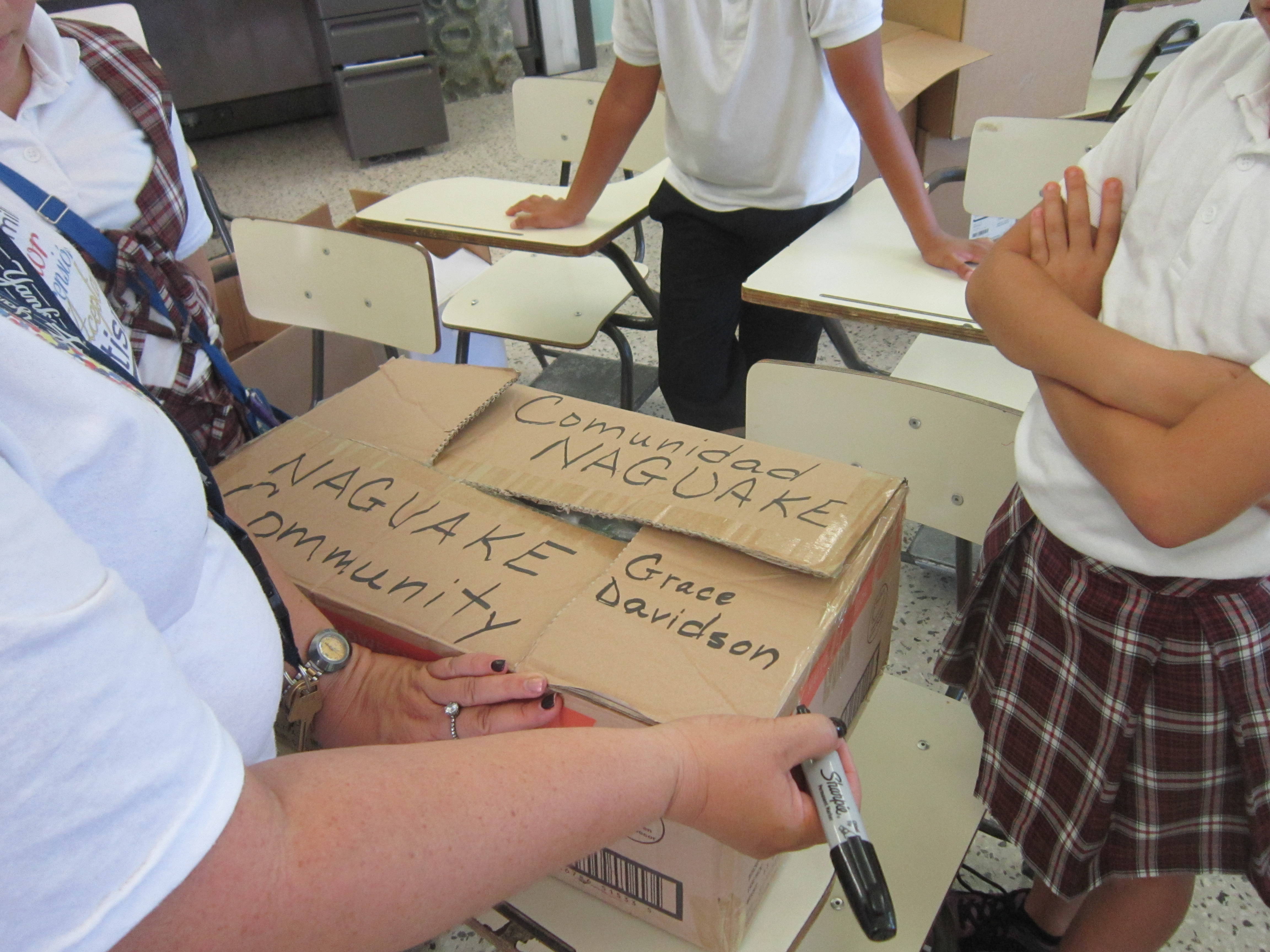Help Create and Save an Indigenous Community
Fundraising campaign by
Carlalynne Melendez
-
US$0.00Donated So Far
My name is Carlalynne Melendez, I am the administrator of the Naguake Community located in eastern Puerto Rico. Naguake is the fourth indigenous community in the Antilles Archipelago, after Arima Santa Rosa Community in Trinidad, Kalinago Territory in Dominica, Caridad de los Indios in Cuba. We are a tri-ethnic community (Indigenous, African and European). Within that tri-ethnicity, we are reclaiming our the indigenous heritage. To sustain our claim we are using genetic testing conducted by National Geographic Genographic Project (2010-2013) and ethnographic studies conducted by the University of Puerto Rico (2004-2010). The Genographic genetic study illuminated Puerto Rico’s genetic heritage and that of the Naguake Community in a number of ways. To begin with, it found that 60-65% of all Puerto Rican individuals had Native American mtDNAs. When the autosomal DNA of Puerto Ricans was screened evidence of Native American genetic ancestry was found in 10-20% of the genomes of all participants, regardless of whether or not they had indigenous mtDNAs. These findings were quite exciting for our community members, who had long held the view that we are the rightful descendants of the Taino people. The results reinforced our views of ourselves as having genetic roots in the recent indigenous past, and deeper connections to all prehistoric Caribbean peoples, as well. In addition, the genetic results prompted the municipal governments of Humacao and San Lorenzo to declare Naguake an indigenous base community. Additionally, we are also seeking state recognition. The community has a cultural-linguistic revitalization and reeducation program that is teaching the Arawak language and Taino culture in schools and conducting outreach with other native descendant communities throughout the Caribbean and northern South America, as well as seeking other ways to disseminate knowledge of Taino heritage to all Caribbean people.
Our community has successfully created and implemented several community-school improvements programs to rebuild our indigenous cultural heritage and empower our people. These programs include: food security, community preparation and survival, organic agro forestry, community tourism, and other programs and projects that will lead to an environmentally sustainable community. The cornerstone of all our programs is that they teach students cultural core values that have been eroded in our modern society. Recently, a team of investigators from the Smithsonian Institute visited our community to document our community-school programs. They were impressed with the successes achieved in a short period of time. Naguake has become a model for other indigenous communities seeking community-school improvement at the social. cultural and economic level.
However, our community is facing challenges in terms of funding these programs. Despite the overwhelming evidence of the successful implementation of the community-school improvement programs and projects; we have received very limited funding. We have taken the bull by the horns and wisely spent the limited funds. With over 3,000 community members (including more than 340 K6 students) we have managed to survive. Although the challenges are not insurmountable, we are reaching a crisis stage. We need your donations to create community-school programs that are sustainable (co-operativesandself-managed community enterprises).
How will your donation help us achieve that goal?
Purchase and create our own teaching materials: Books, texts, coloring books, etc.
Purchase teaching equipment: smart board, projector (In Focus), 3 laptops, 5 smart pads, desks, computer programs, etc.
Purchase office equipment: printer, desktop computer, copier, etc.
Purchase airline tickets to travel to Dominica, Trinidad, Jamaica, Cuba to expand cultural-linguistic exchange program.
Purchase agricultural equipment and materials, including non-transgenic seeds and organic fertilizers.
Purchase survival equipment and materials.
Purchase non-perishable food items to create a food bank.
Purchase materials to build water tank, solar panels, wind turbines
Fund researchers: archaeologist (conduct study of our cultural resources) / linguist (assist with our linguistic revitalization program).
Fund organic agronomists to help community farmers transition from conventional agrochemical to organic agriculture.
Your donation will bring us closer to achieving our community-schools improvement goals; which will serve as a viable example and model for other communities in the Caribbean and beyond.
What do we offer in return for your generosity:
Visits to our community to learn about our indigenous culture and traditions. Participate in our community activities.
Ecological-Agro-Cultural tours of the mountainous region that covers Naguake. This includes hiking, camping, nature exploring, tours of our sacred sights.
Participate in our traditional healing ceremonies, learn about local medicinal plants, participate in our traditional indigenous crafts workshops.
Visit community farms and participate in farm chores. Learn Taino cuisine.
Arrange visits to visit the Kalinago Territory in Dominica to meet and learn about the Kalinago indigenous people.
Important note: Donors can visit our community at will to scrutinize how their donations are making a difference. We welcome you to become part of our community. To learn more about Naguake please visit the following links: http://nuestratierraabundante.weebly.com/ http://nuestratierraabundante.weebly.com/community
Organizer
- Carlalynne Melendez
- Campaign Owner Community Planner
No updates for this campaign just yet


